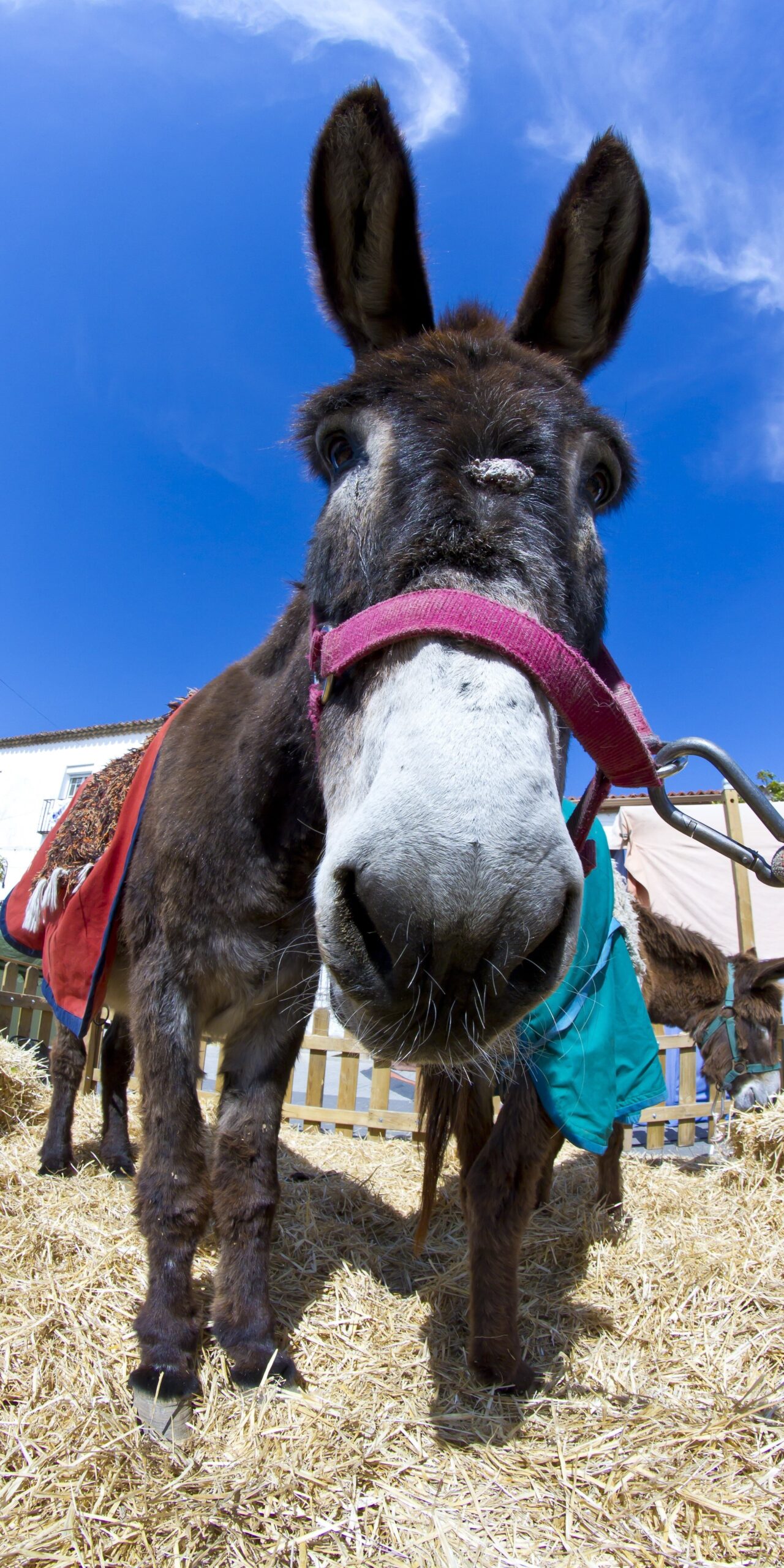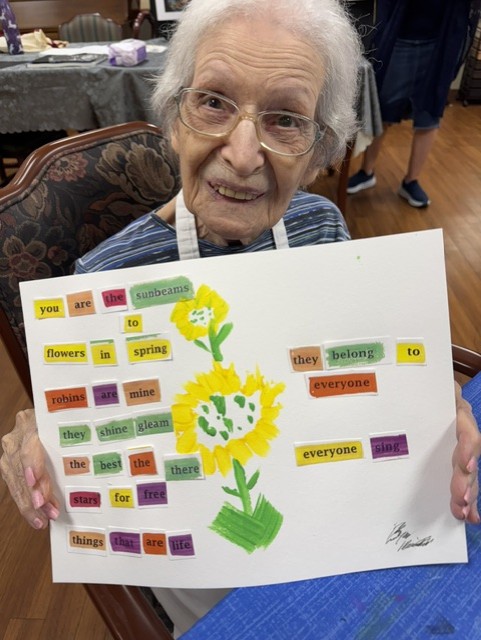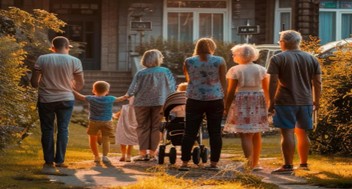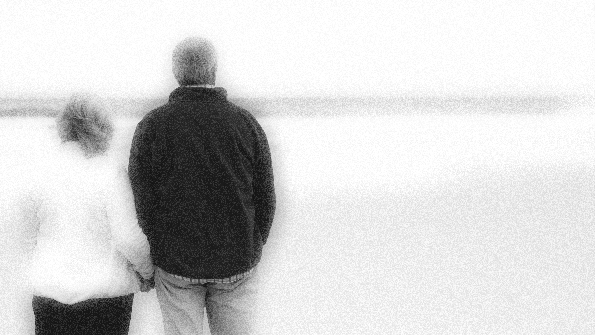Eighty-one-year-old John Nettles has said: “It’s so good to get up in the morning and see a donkey – they’re just unbelievably beautiful and funny. My donkey Hector laughs when I walk towards him; he knows mortality when he sees it.”
A Hospice Nurse observed: “I have sensed (my death) for about six months and I am getting everything set for my husband; getting him to learn about our bills; … left him a notebook on what he needs to do when I pass.”
John Nettles’ funny remark and the experience of the Hospice Nurse made me wonder if one “sees “ mortality or feels it.
Whether one sees or feels mortality, the rate of mortality is easily observed. Every holiday season I update my online Christmas card list by drawing a line through several names.
My own thoughts about mortality followed the death of my spouse of 58 years. In the year following her demise, filled with many questions about what to do, where to do it, how to manage living alone after all those years, I developed atrial fibrillation. It is not so unusual, of course, but it was a frightening experience for me having never before had any heart problems.
After a couple of brief hospitalizations and lots of consultations, we tried electric cardioversion. Even the idea seemed a bit unnerving! But, it turned out great. Daily doses of one med now keep the ticker ticking steadily, normally, and strongly.
The experience, however, of watching my wife’s increasing frailty and her eventual death, followed by this bump on my own health, awakened me to consider mortality in less technical dictionary terms and in much more personal ways.
About the same time, I was invited to serve as an interim Conference Minister in another state. I sold our home. Maintaining it while working many miles away seemed too difficult.
Age, distance, and uncertain circumstances made me pay attention to two other observations. The first, by Scottish psychiatrist R. D. Laing who succinctly opined: “Life is a sexually transmitted disease and the mortality rate is one hundred percent.”
The other observation from folks at the Mayo clinic:
“ Advance directives aren’t just for older adults. Unexpected end-of-life situations can happen at any age….
By planning ahead, you can get the medical care you want, avoid unnecessary suffering and relieve caregivers of decision-making burdens during moments of crisis or grief… (or death). You also help reduce confusion or disagreement about the choices you would want people to make on your behalf.”
So I have worked on advance directives. Revision of last will and testament, multiple pages of notes about where to find passwords and documents, what to do with possessions in case of an unexpected death, location of insurance policies, how to access bank and credit accounts, and so on, filled pages, including what to do with a collection of paintings by my firstborn that I’ve stored for years because she has never had a suitable place to store them. And what to do about the cat who is already older than I am (in cat years) but that’s a whole other story!
Two of my three “children” agreed to be co-executors of my “huge” estate. The third wanted no part of such responsibility, but I named her as a contingent executor anyway!
The paper copy of this information is kept in my letter file beside the computer, it is saved online, and another printed copy is in a lock box which holds among other things my wife’s wedding rings, a still-valid passport, and some coins from overseas travel.
I also sent it to my executor, and indicated there would be updating at various times. I advised them to contact my long-time financial advisor who knows more about me than I know myself!
It may seem somewhat “cheeky”, but I also sketched out ideas for my own funeral service. It depends on what my pastor is willing to do, of course, but I picked music with special meanings to me and added online links to versions I preferred, laced the selections together with some thoughts about them, put it all on a thumb drive, and placed that in the lock, too.
Each year, on the anniversary of my wife’s passing, I look at my “advance directives,” revise them as needed, and move on, comfortable in the conviction that most of the bases are covered.
So even though Renato Dulbecco declared; “I know mortality exists, but I cannot do anything about it,” I have done something about it, and truth be told, I feel pretty good even though the exercise involves anticipating my own death. At the very least, it is an effort to make managing the wrap up of my affairs after death, or in case of a debilitating event of some sort, much easier for my family and my heirs.
Accordingly, I am not afraid of, nervous about, nor dreading my own demise. I’ve done what I can.
I like what Bernie Siegel says, that “An awareness of one’s mortality can lead you to wake up and live an authentic, meaningful life.” Meaningful life could well include not only giving good and faithful account of ourselves while living, but also offering a helping hand to those who tend us now, and those who will manage our affairs when this mortal life ends.
Let’s give Hector, the laughing donkey, the last word:
Mortality is inescapable. Live with it!
For Reflection (either individually or with a group)
Read the blog. Read it a second time, maybe reading it aloud or asking someone else to read it aloud so you can hear it with different intonation and emphases. Invite the Divine to open your heart to allow the light of new understanding to pierce the shadows of embedded assumptions, stereotypes, and ways of thinking so that you may live more abundantly. Then spend some time with the following questions together with anything or anyone who helps you reflect more deeply.
- Have you done anything to prepare for your eventual death? Why or why not?
- Do you consider it cheeky (British slang for rude or impertinent) to leave notes about what you would like to happen at your funeral service?
- How important is it for you to help your loved ones deal with your passing?
Download a pdf including the Reflection Questions to share and discuss with friends, family, or members of your faith community small group.
View all articles by:






















